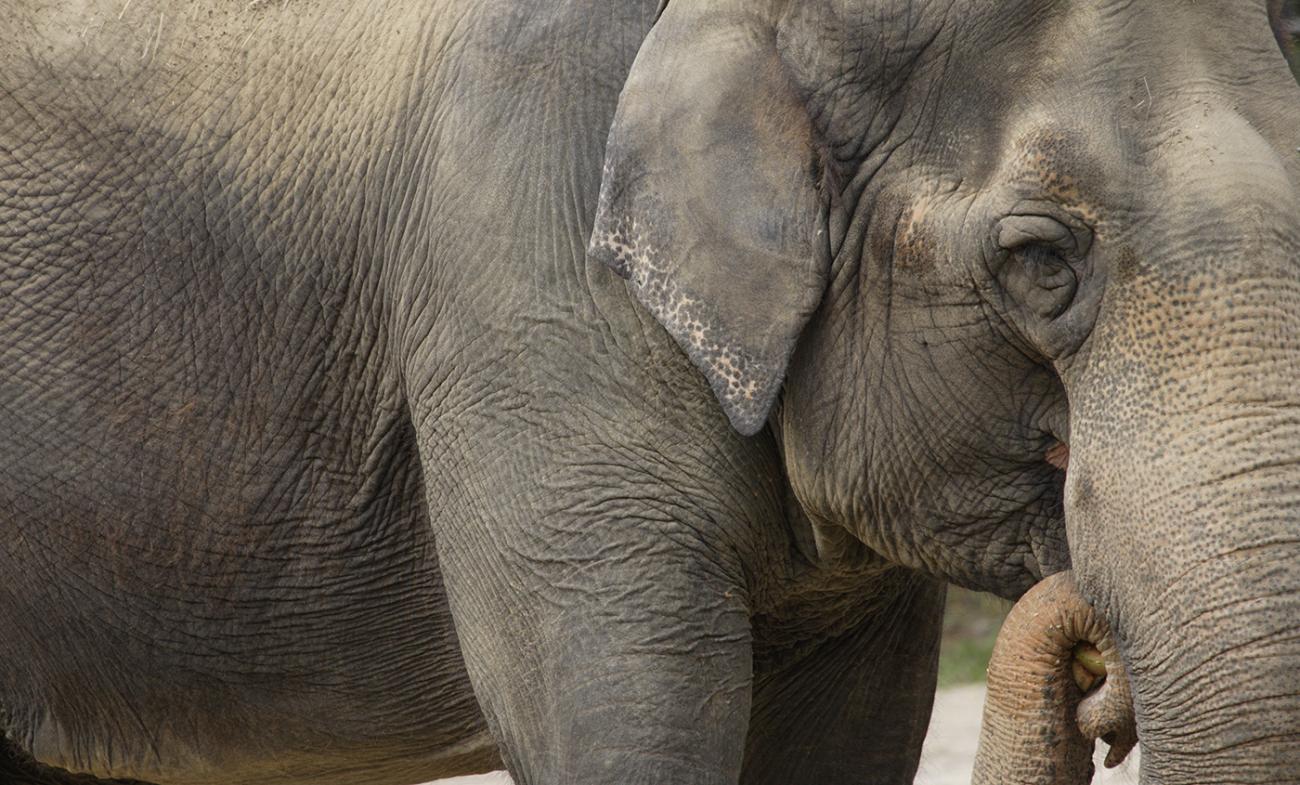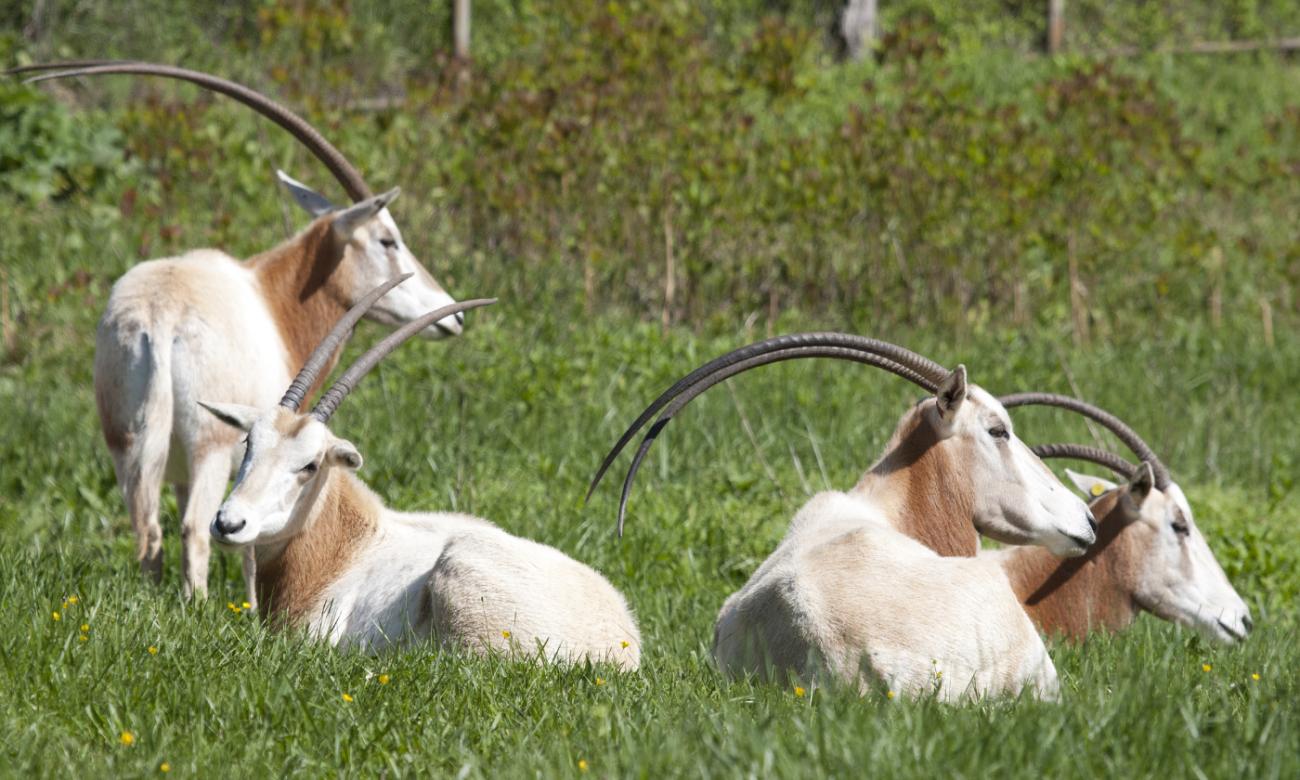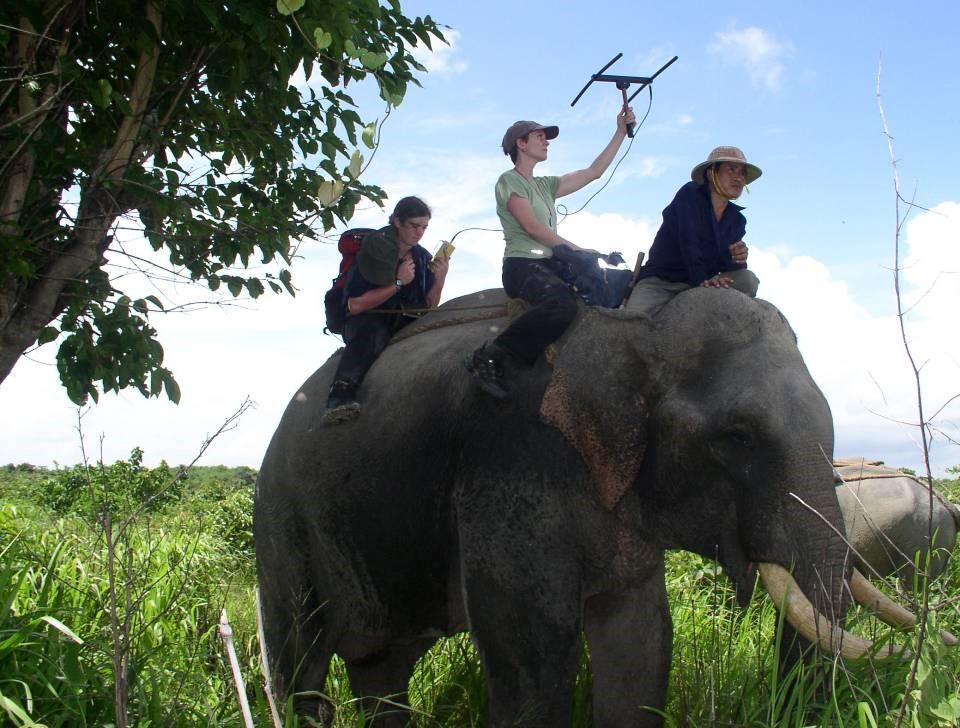Biography
Katie LaJeunesse Connette coordinates research and partnerships for the Smithsonian's international conservation work in Myanmar. She is passionate about creating an inclusive environment that empowers Smithsonian's international collaborators to fully participate in the research process.
LaJeunesse Connette works with locally led organizations to promote excellence in conservation research. Since 2015, she has developed and led specialized training courses, reaching more than 200 trainees in topics as diverse as organizational governance, the scientific process and geospatial analysis. She also manages grants, contracts and agreements while working closely with local collaborators to ensure that conservation field projects are effectively implemented.
She brings over a decade of experience in the environmental field. Before joining the Smithsonian Conservation Biology Institute, she served as a U.S. Forest Service representative on an inter-agency council to work with mining companies, attorneys, economists and scientists to address pollution from lead mining. She began her career in the U.S. government's two-year Presidential Management Fellows leadership development program.
LaJeunesse Connette has a Bachelor of Science in botany and environmental science from Miami University in Ohio and has extensive experience in environmental education. Her interdisciplinary graduate studies focused on the nexus of science, management, and policy with a Master of Environmental Management degree from Duke University. She holds a professional certificate in nonprofit management and is a member of the alumni council for the Nicholas School of the Environment at Duke University.



